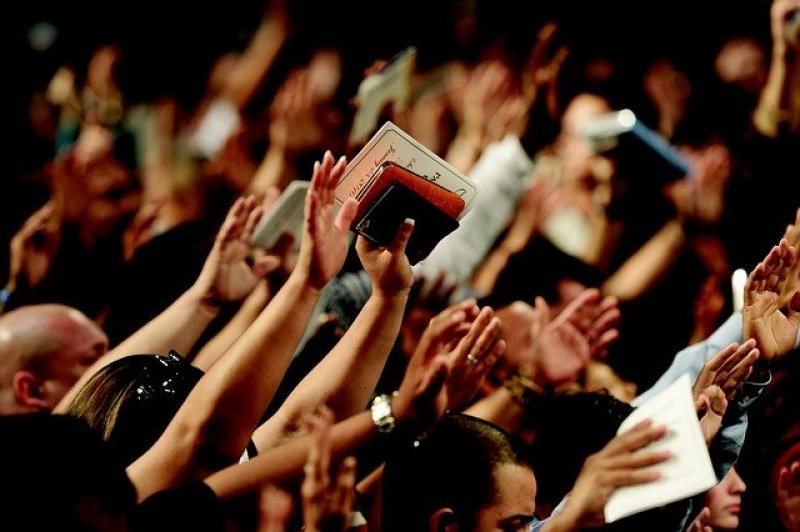
A recent study has shed light on a growing trend among evangelical Christians in the United States, revealing that political conservatism is the strongest predictor of low church attendance within this group.
The research, conducted over a 15-year period from 2008 to 2023, shows a significant increase in the percentage of evangelicals who report rarely or never attending church. In 2008, only 3% of evangelicals said they "never" went to church, but by 2023, this figure had risen to 10%. Similarly, those who reported "seldom" attending church increased from 13% to 17% over the same period.
Interestingly, the study found that political ideology plays a crucial role in this trend. Conservative evangelicals experienced the most dramatic increase in low church attendance, jumping from 5.5% to 12.6%. Moderates saw a more modest increase from 5% to 8.5%, while liberals showed only a slight uptick from 3.5% to 4.5%.
Education levels also appear to be a factor in church attendance among evangelicals. As of 2023, 13.2% of those with a high school education or less were classified as low attenders, compared to only 4.6% of those with a college degree or higher.
The study also revealed variations along racial lines. In 2023, Black evangelicals had the highest percentage of low attenders at 11.2%, followed by white evangelicals at 9.2%, Hispanic evangelicals at 7.4%, and Asian evangelicals at 4.8%.
Ryan Burge, the researcher behind the study, suggests that this phenomenon is "driven more by political concerns than theological beliefs." He also posits that the differences in church attendance across racial and ideological lines may stem from varying interpretations of what it means to be an "evangelical".
These findings have significant political implications, given that religious affiliation and church attendance are widely recognized as factors influencing individual political preferences. In the 2020 presidential election, for instance, exit polls showed that 76% of white evangelical Christians supported Republican candidate Donald Trump.
This study provides valuable insights into the complex relationship between political ideology and religious practice within evangelical Christianity, potentially signaling important shifts in the religious-political landscape of the United States in the coming years.


















